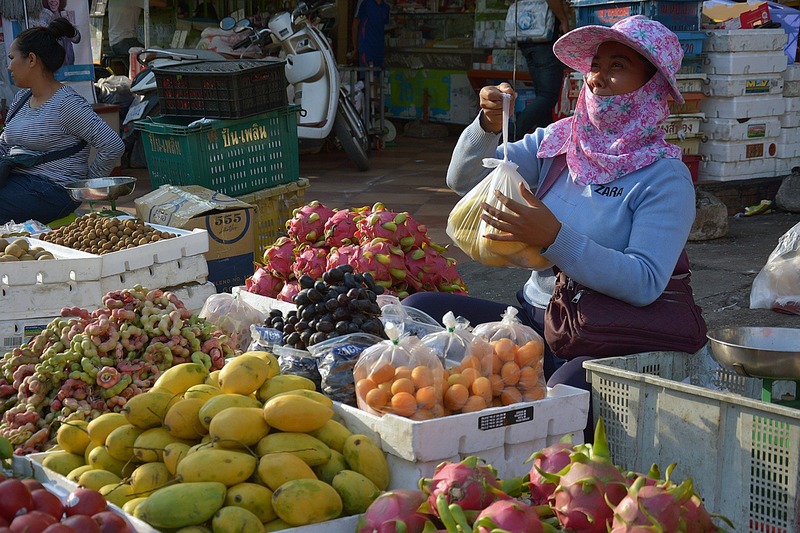We all need to buy food to live, which means that most people need to hop into their cars and head out to the local supermarket to stock on the various foods that they like to eat. Most people can also attest to the fact that the cost of groceries has been rising with every passing year, and that without proper budgeting, it’s easy for the grocery bill to quickly become overwhelming.
Being able to afford the necessary number of groceries every month is not impossible, however, and there are a few methods that a consumer can employ to cut down on the costs of their groceries.
-
Create A Simple Budget
It might seem obvious at first, but a lot of people don’t really take budgeting that seriously, which is something of a problem considering that it’s just about the only way to get a handle on how much money is available. Budgets are easy to put together, and provide a great overview of the total amount of money coming in every month and how much is being spent.
Creating and maintaining a simple budget is one of the best ways of getting into the habit of not overspending, especially when it’s easy enough to see just how much is actually available.
-
Aim For Nearly-Expired Fresh Produce
The sell-by-date is something to remain strict with when buying meat or dairy products, but when it comes to fresh produce, this date is not always worth adhering to. Most consumers tend to aim for food that looks aesthetically pleasing, and the rest is often left behind, usually fated to be thrown out. This makes for a great opportunity to grab some food that’s still perfectly edible but has been added to the discount basket due to the fact that it’s almost reached its sell-by date.

-
Give Local Markets A Go
A lot of the well-known store franchises will add a markup to much of the food that they sell, and it’s a markup that can have the consumer paying that much more. One method of getting fresh food for a cheap price is by visiting any local farmers markets that take place nearby.
Farmers will often sell their produce at a much lower cost, and because it’s usually picked fresh from the farm either that day or the day before, it’s likely that the food will last longer and even be more nutritious than what can be found at the supermarket, and the extra savings can be used for other pastimes.
-
Seasonal Foods
Seasonal foods consists of fruit and vegetables that are in season during a particular time of the year, which also means that they are sold for a lot less than when out of season. Aim for local produce that’s in season within the area as not only is it friendly to the wallet, but also to the environment. This is also another reason to pay a visit to the local farmers market, as they will generally only sell produce that’s currently in season.